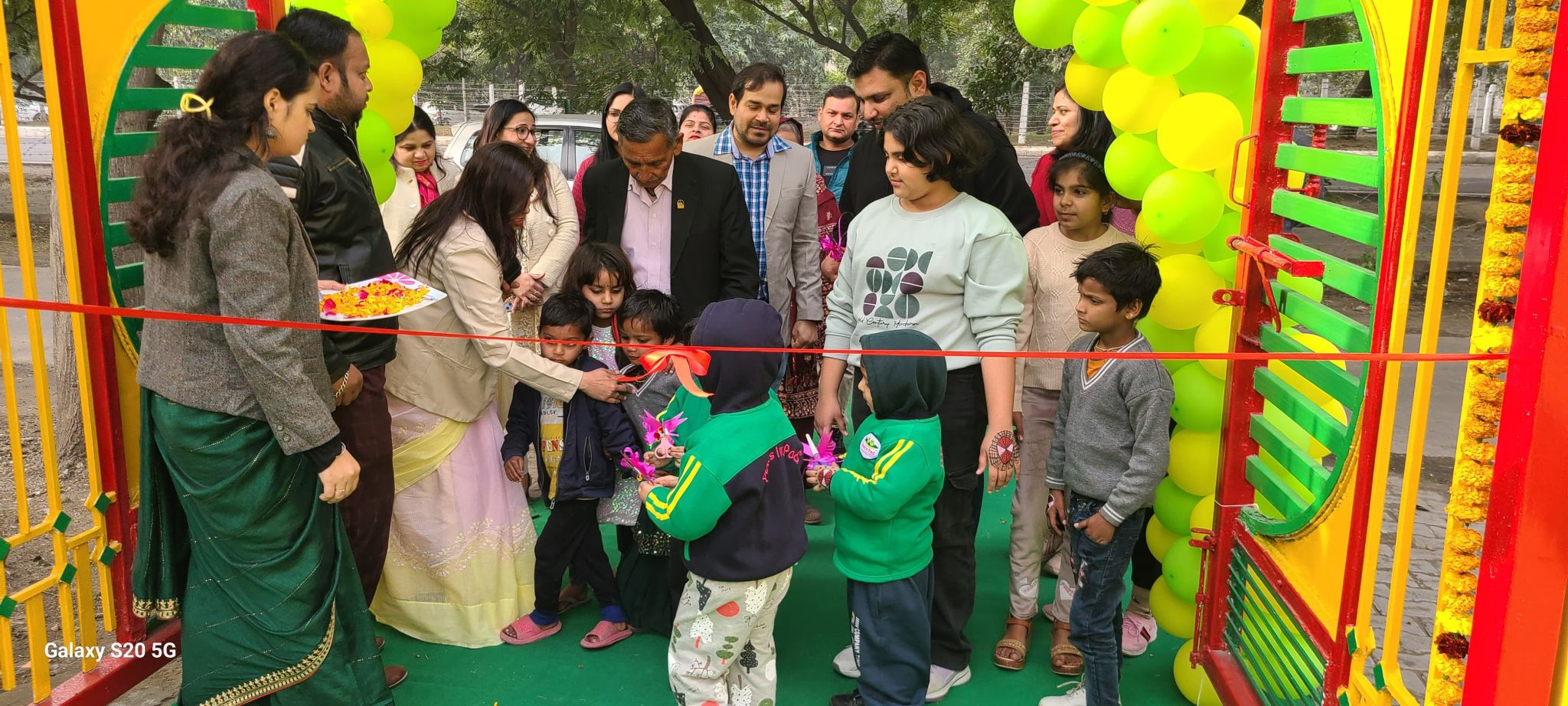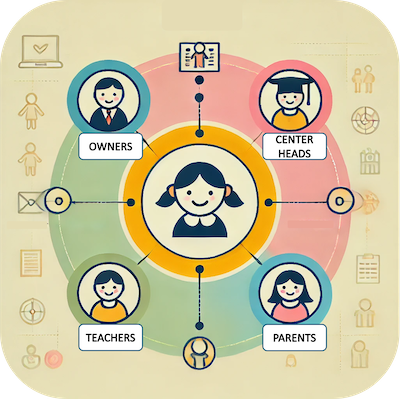Peas in Pod, one of India’s fastest-growing preschool chains, has joined hands with Kindiedays Pro to revolutionize early childhood education. Together, we have created a unique Finnish-Indian curriculum that combines Finland's world-class pedagogy with India’s rich cultural and educational traditions. This collaboration marks a significant milestone in delivering innovative and effective preschool education.
Here’s how the Finnish-Indian curriculum came to life and why it’s a game-changer for early education in India.

1. Why create a Finnish-Indian Curriculum?
India’s preschool sector is booming, with a projected CAGR of over 20% from 2022 to 2027. However, as the market grows, so does the demand for a high-quality curriculum that nurtures holistic child development while respecting local cultural contexts.
Finland’s early education system is renowned for its play-based, child-centric approach, fostering creativity, emotional intelligence, and lifelong learning skills. By merging this with India’s strong emphasis on foundational literacy and numeracy, the Finnish-Indian curriculum offers the best of both worlds:
- A focus on social and emotional growth through play-based learning.
- Alignment with India’s National Education Policy (NEP 2020), ensuring a strong foundation in literacy, numeracy, and life skills.
- Support for diverse learning styles, catering to children’s unique needs.
This curriculum responds to the growing demand for innovative, quality education that prepares children for future success while embracing their cultural roots.

2. What does creating a Blended Curriculum to Meet NEP/NCF Requirements mean?
.png)


